Obesity, Infertility and IVF Treatment
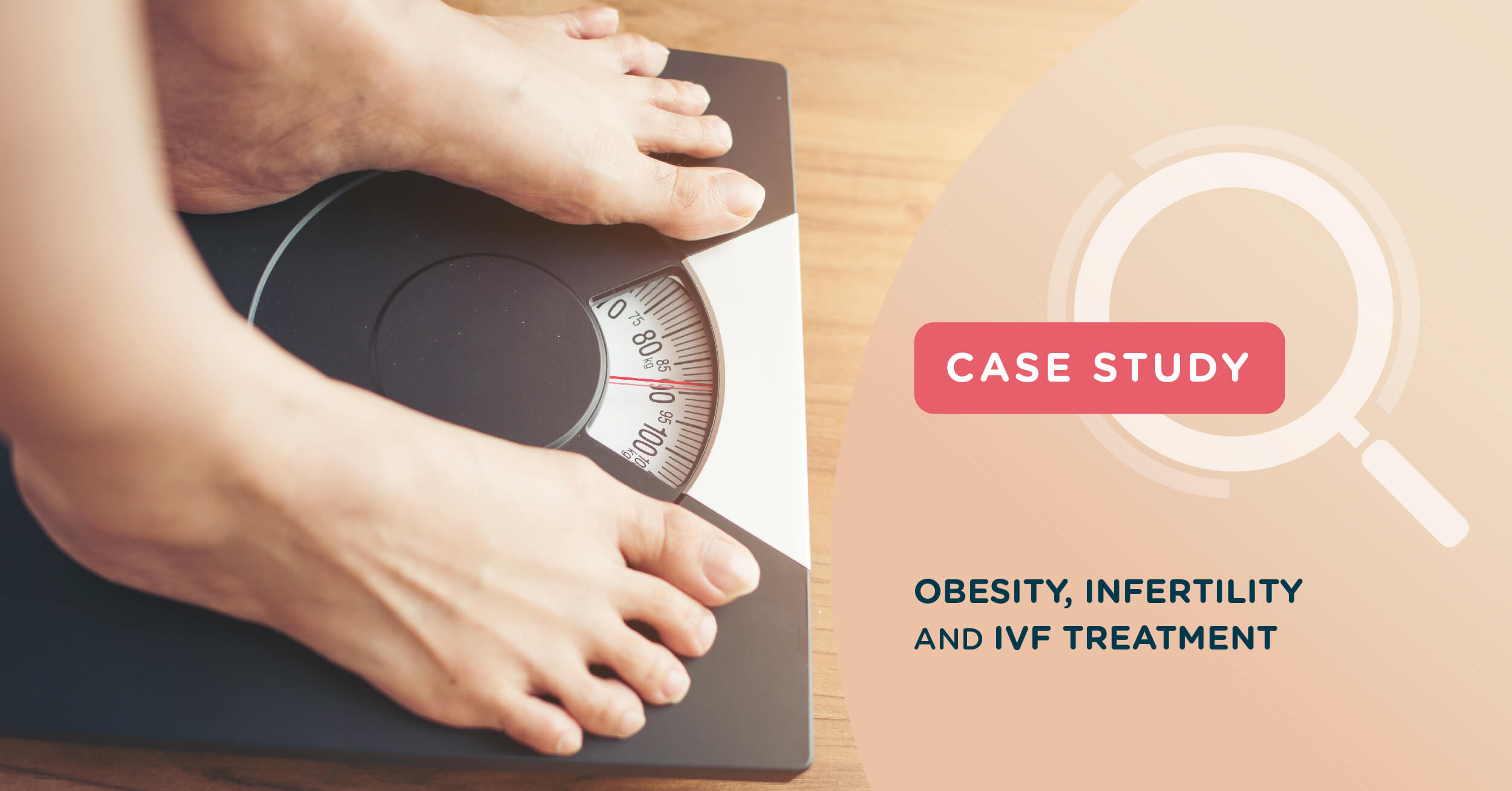
After 11 years of a happily married life, like most married couples, 31 years old Mrs. Singh and her husband, 35 years old Mr. Singh from Manchester, UK, were anxious to have a baby. However, Mrs. Singh weighed 129kgs and Mr. Singh was 136kgs which meant that both of them had very high BMI.
Along with the high BMI, Mrs. Singh also had a poor ovarian reserve (S.AMH 0.84 ng/ml). And on the other hand, Mr. Singh’s semen analysis showed poor quantity, poor motility and morphology.
The excessive weight coupled with the other parameters meant they were unable to conceive naturally and the joy of delivering and parenting their own child continued to remain elusive.
Impact of obesity on fertility
For women, being overweight adversely impacts fertility by causing hormonal imbalances and hence missing ovulation cycles. The fat cells produce weak estrogen called estrone, which communicates with the part of the brain controlling the normal cycles, tricking the brain into thinking that it is not yet time for another cycle. This progressively reduces the number and predictability of ovulation cycles. For highly overweight men, on the other hand, obesity affects fertility, libido, energy levels and the sperm quality, impacting the ability to help their partner conceive. Therefore, with reduced and untimely ovulations and with partner’s poor libido and poor-quality sperms, the chances of conceiving naturally are drastically reduced.
Normal pregnancy for overweight mothers generally increases risk of miscarriage, pre-eclampsia, gestational diabetes, infection, blood clotting, stillbirth or need for induction of labour or a caesarean birth.
Impact of low levels of AMH
Anti-Mullerian Hormone (AMH) is a protein hormone, found in females, produced by cells within the ovary and indicating the ovarian egg reserve and therefore fertility of the woman. AMH levels are, mostly very low in women over 40 or in very highly overweight women. Those with very low AMH levels are unlikely to respond well to the drugs involved in conventional IVF.
Consultation and treatment at Nova IVF Fertility
The Singh’s went to multiple hospitals and IVF centres in Manchester, but they were denied treatment owing to their very high BMI (48). Upon getting treatment denied at the IVF centres in Manchester, the Singh’s visited many IVF centres in Delhi. They had almost given up the hope of giving birth to a healthy baby, as they were being advised for oocyte donation from a donor or surrogacy and they were not in favour of the same.
A common friend from UK who had similar problems and had undergone treatment successfully in Delhi, referred them to Nova IVF Fertility centre in Delhi.
Our specialists conducted all pre-IVF tests, including a detailed cardiovascular assessment to ascertain Mrs. Singh’s fitness for IVF treatment and carrying a full-term pregnancy safely. Mrs. Singh was found to be ovulating, albeit very infrequently, and her uterus was healthy enough for conception and carrying a full-term pregnancy successfully. So, our fertility specialists advised her an autologous IVF treatment.
Mr. Singh’s sperm quantity and quality was low, so he was advised to undergo MACS so that Intracytoplasmic Sperm Injection (ICSI) was possible with best quality of sperm.
Mrs. Singh’s IVF treatment started, and 6 eggs were harvested successfully. This was followed by ICSI with her husbands’ best sperms. In order to achieve higher pregnancy rates, Mrs. Singh decided to go for multiple blastocyst transfer and 3 good quality blastocysts were transferred into Mrs. Singh uterus. In addition, we also had an additional blastocyst in reserve for her.
What are MACS and ICSI, and why are they advised?
Magnetic Activated Cell Sorting or MACS is a part of Assisted Reproductive Techniques (ART) to select youngest and the healthiest sperms and it improves sperm and subsequently embryo quality. This technique enjoys much higher pregnancy rates and with very high-quality embryos resulting in better outcomes as compared to the traditional IVF.
Intra Cytoplasmic Sperm injection (ICSI) is like the conventional IVF where gametes are collected from each partner. The main difference between the 2 lies in method of fertilisation. ICSI is a laboratory process where single sperm is picked up using a fine glass needle and injected directly into each egg by highly experienced embryologists using specialised equipment. For this process, very few sperms are required becuase the ability of sperm to penetrate the egg is no longer important as fertilisation gets assisted by the ICSI technique. This is typically carried out when sperm count is very low, or sperm cannot move well or there are antibodies in the semen.
Outcome of the treatment at Nova IVF Fertility
After some time, the Singh’s tested for pregnancy and Mrs. Singh was pregnant. Mr. and Mrs. Singh were ecstatic on hearing this. Our team was also elated because their perseverance, expertise and sheer confidence had helped achieve this pregnancy.
 Infertility Counselling
Infertility Counselling Female Infertility Treatment
Female Infertility Treatment Andrology Treatment
Andrology Treatment Fertility Enhancing Surgeries - Female
Fertility Enhancing Surgeries - Female Fertility Enhancing Surgeries - Male
Fertility Enhancing Surgeries - Male Endoscopy Treatment
Endoscopy Treatment IUI Treatment
IUI Treatment IVF Treatment
IVF Treatment ICSI Treatment
ICSI Treatment Advanced IVF Solutions
Advanced IVF Solutions Embryology
Embryology Vitrification Egg, Embryo, Sperm Freezing
Vitrification Egg, Embryo, Sperm Freezing Preimplantation Genetic Testing (PGT)
Preimplantation Genetic Testing (PGT) Donation Program Embryo / Egg / Sperm
Donation Program Embryo / Egg / Sperm Self-cycleTM IVF
Self-cycleTM IVF

 Self-cycleTM IVF
Self-cycleTM IVF


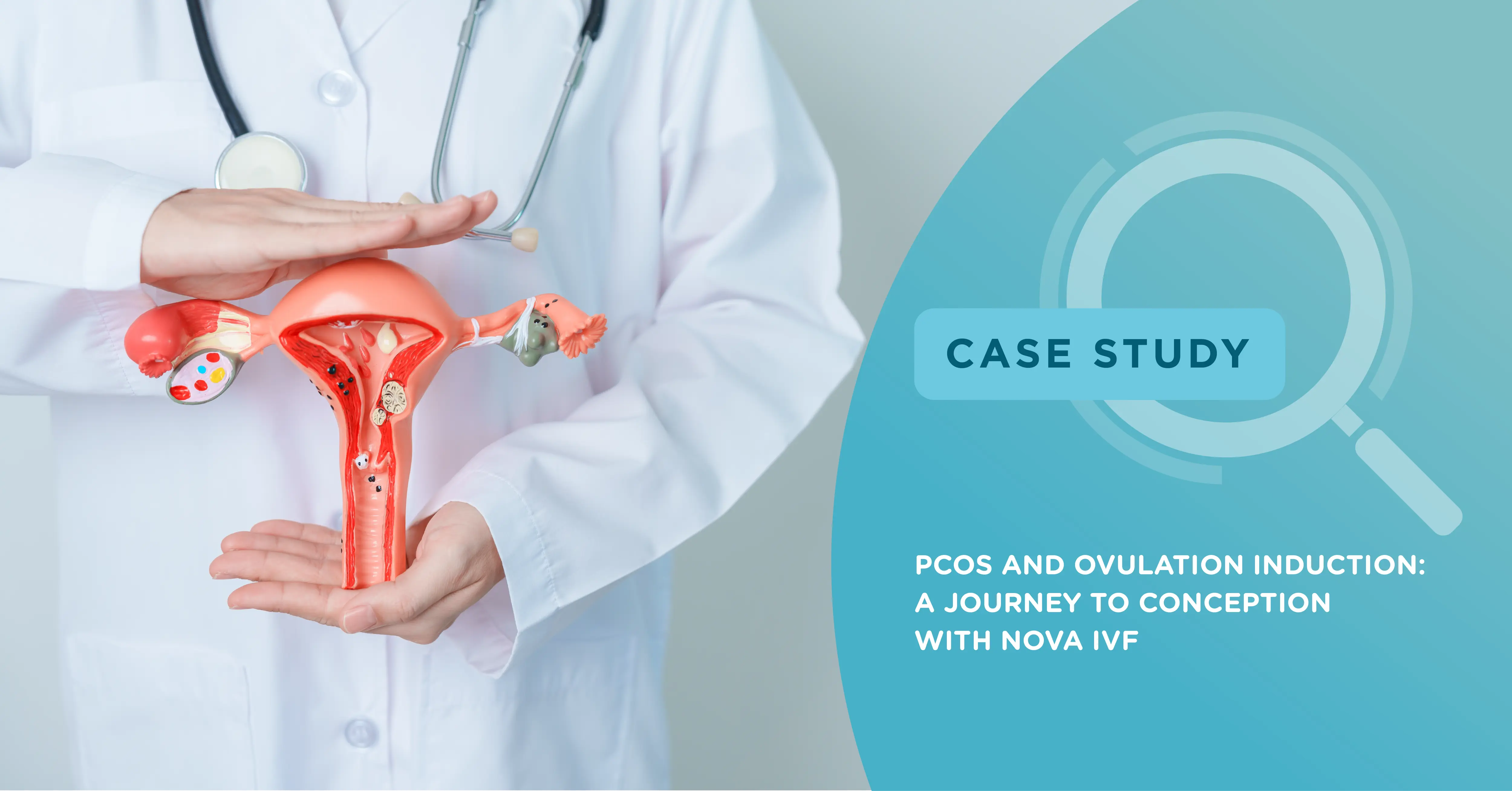
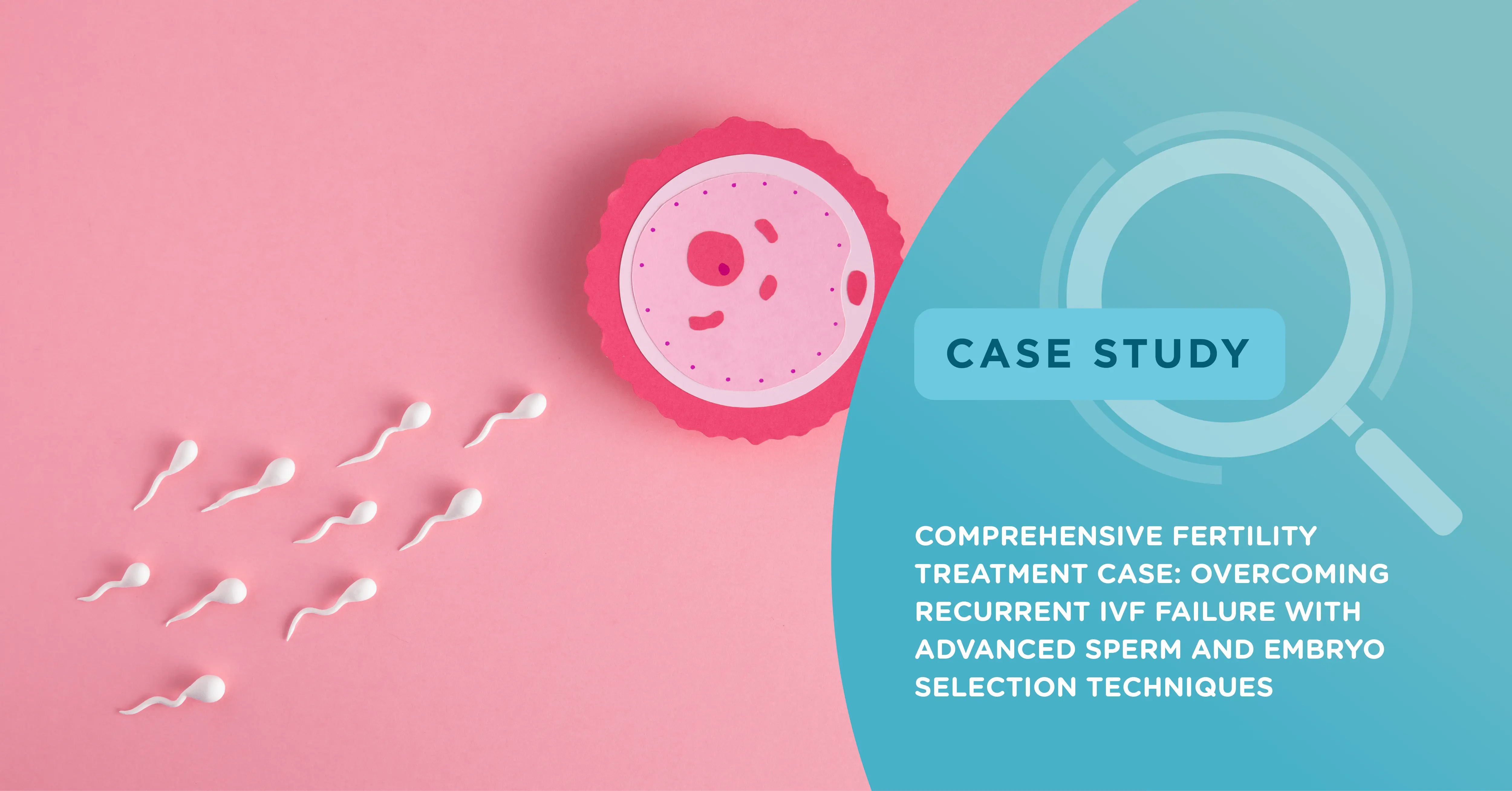
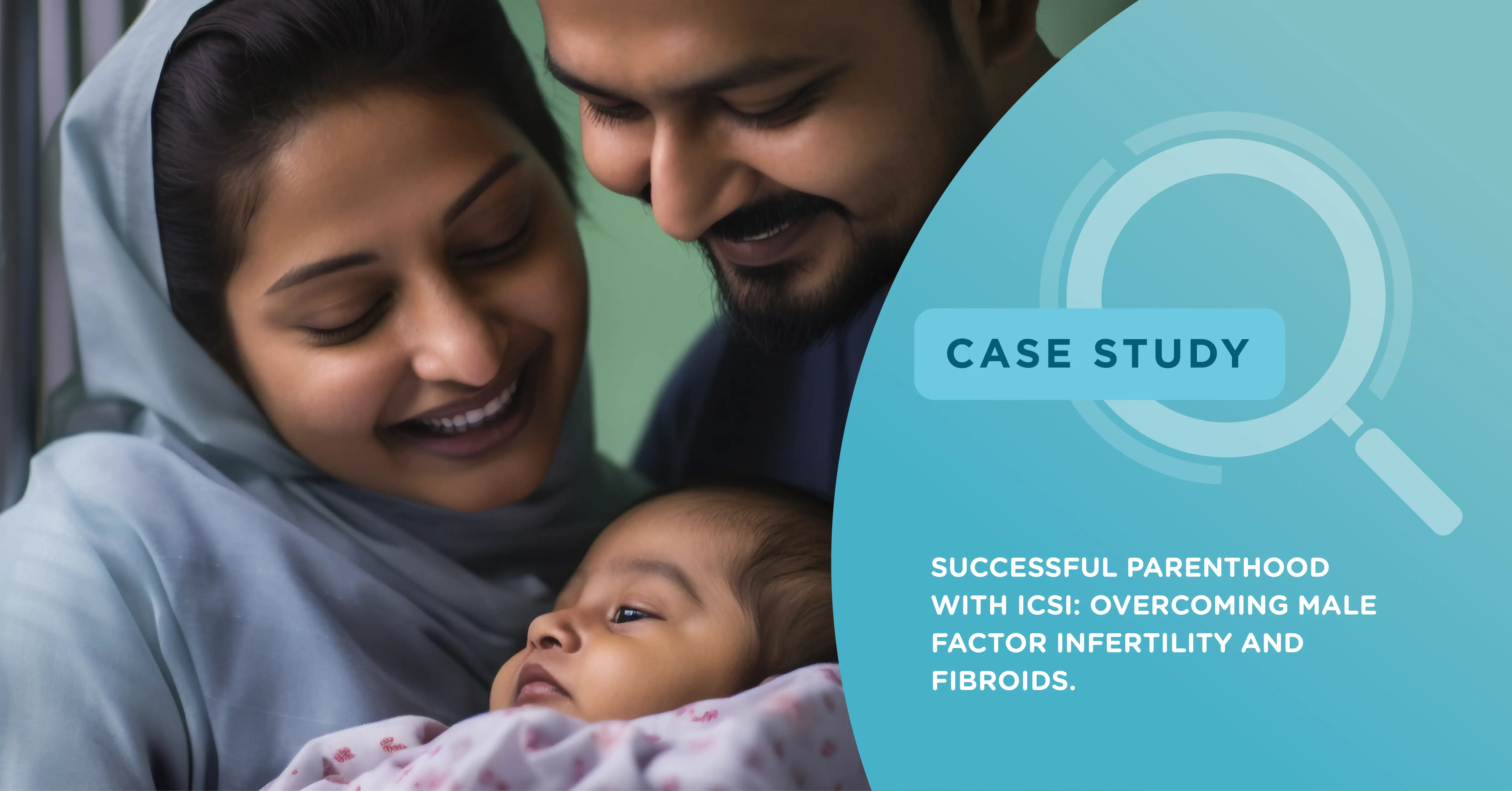
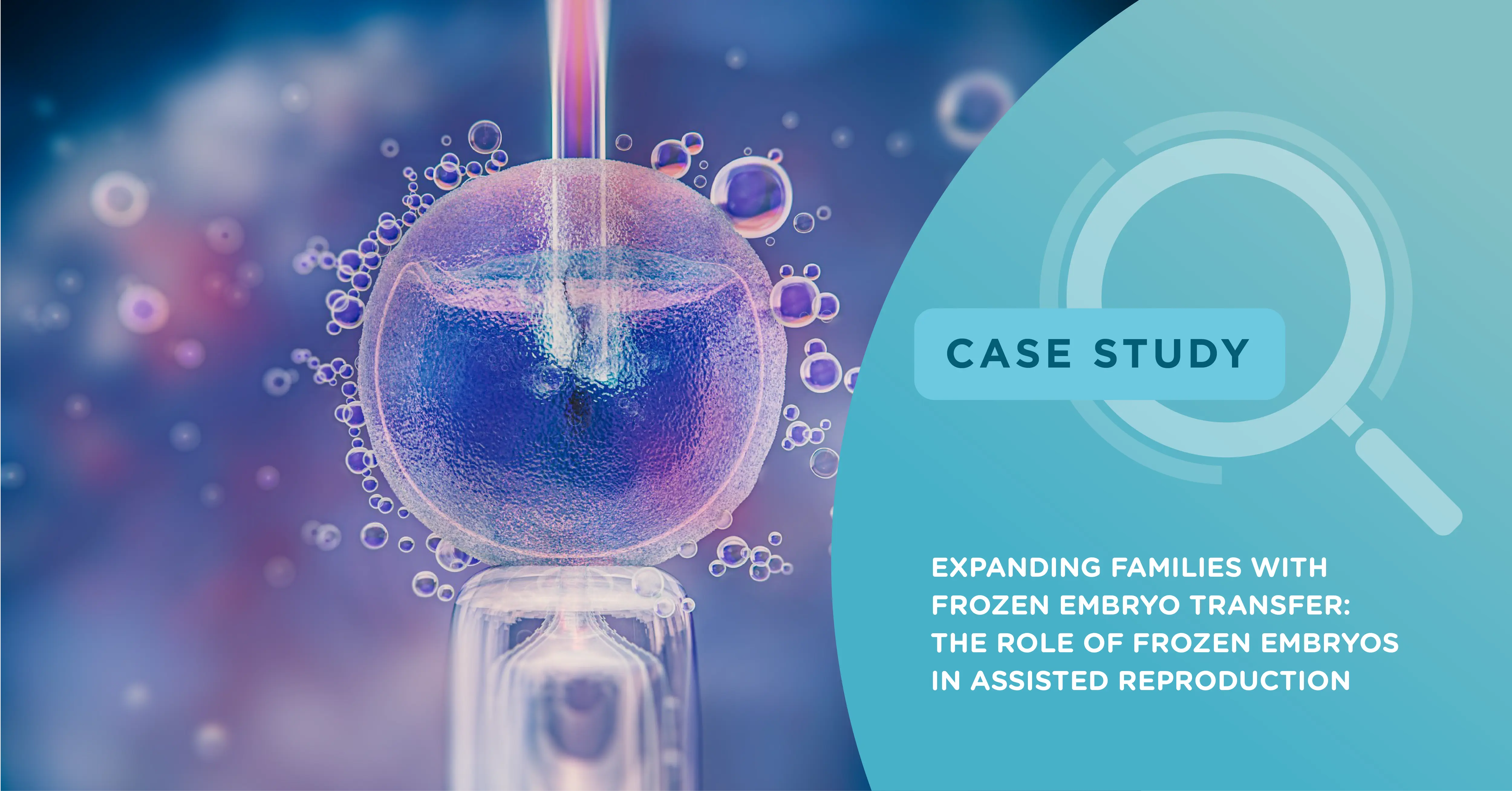

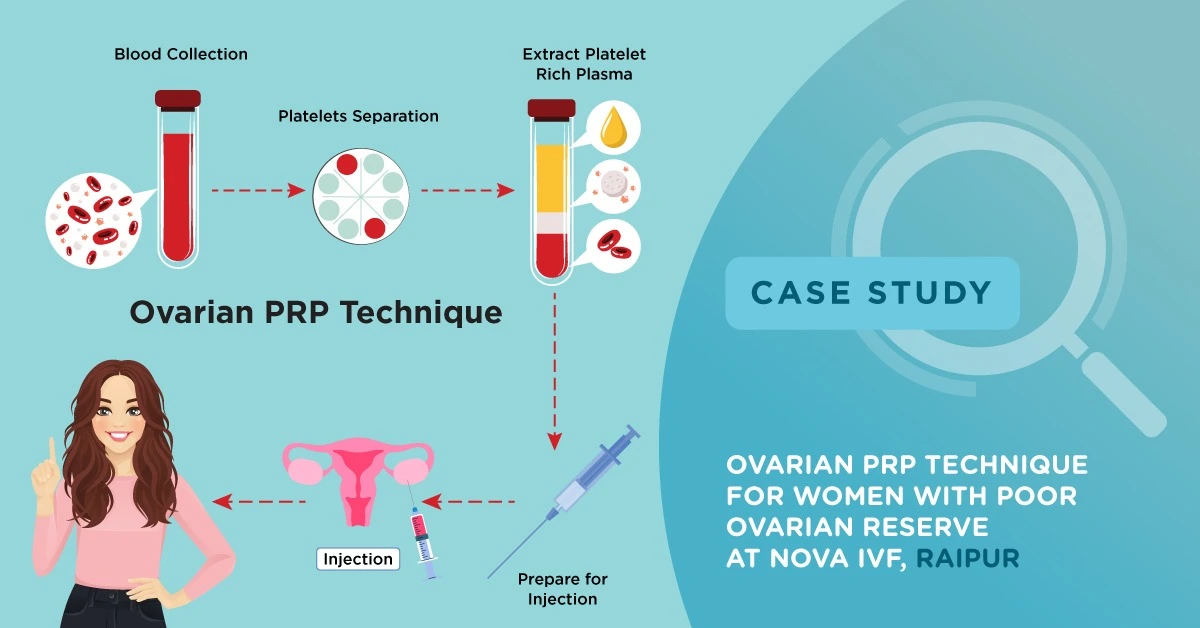
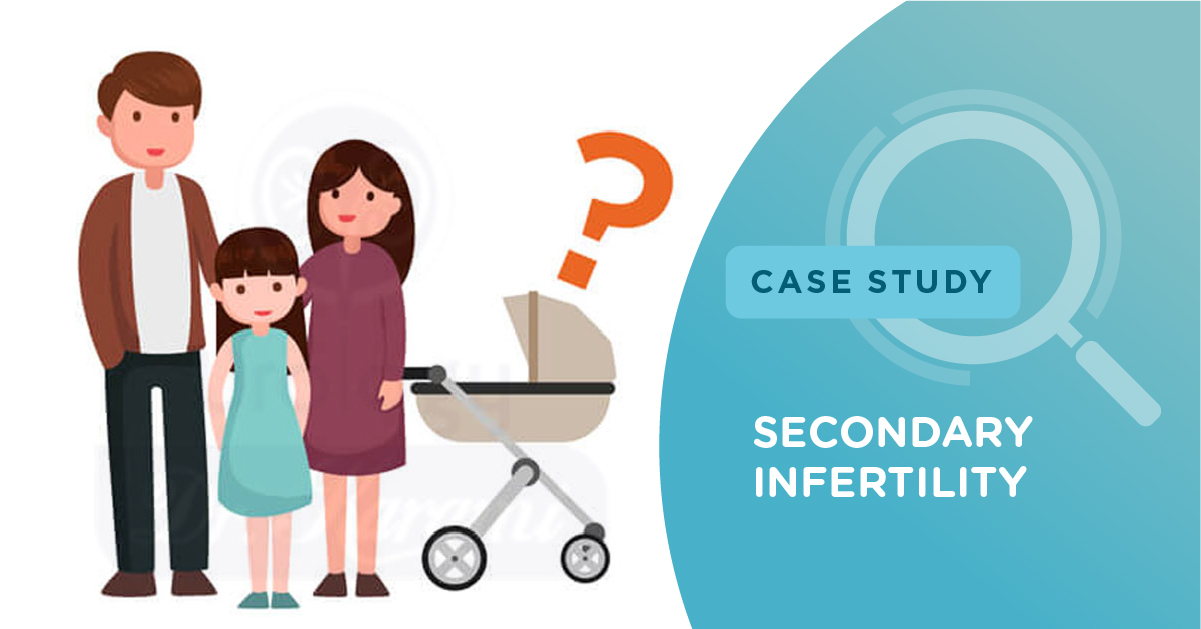
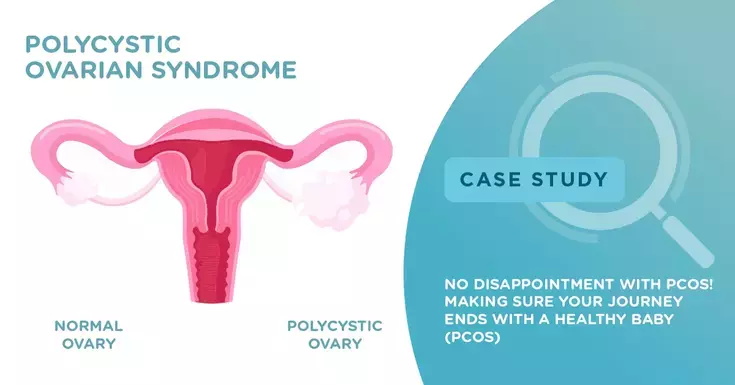






Add new comment